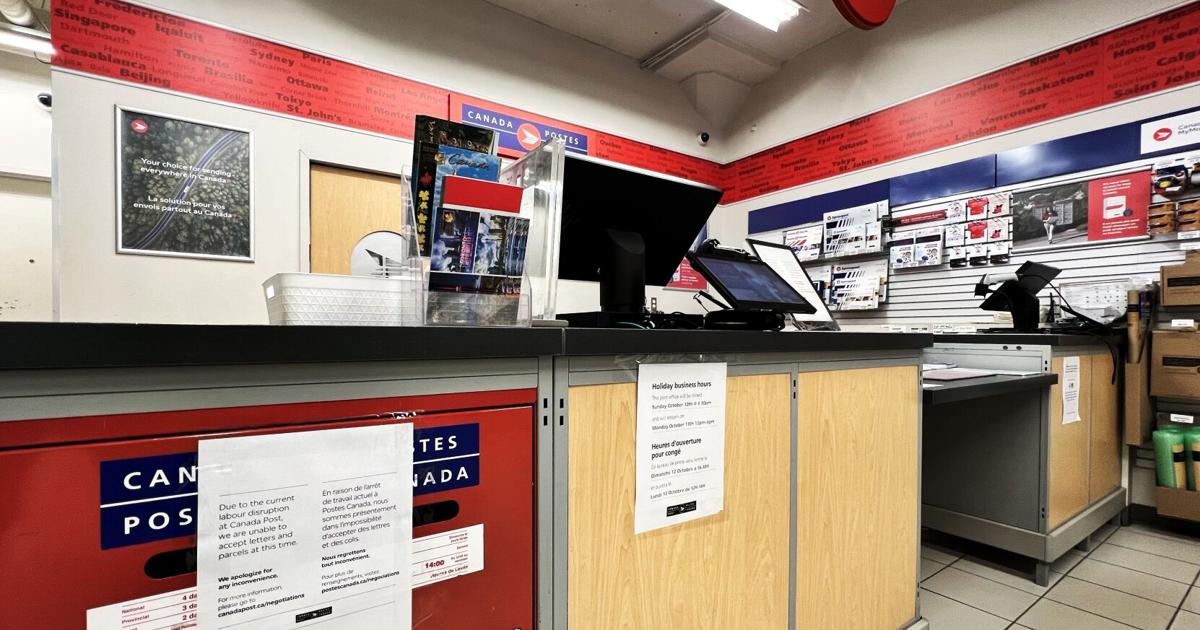OTTAWA – Sergio Marchi says when he asks students in his university course on politics how many of them are interested in a career in public life, he’s surprised if two or three of them raise a hand.
Marchi, who served as minister for international trade from 1997 to 1999 and later as ambassador to the World Trade Organization and the United Nations, told The Canadian Press he fears that more and more young people are giving politics a pass.
“You can’t have the current young generation be exempted from public life,” he said.
“Nothing wrong with old white men, but we can’t have our politicians be just white old men. We need the energy and the idealism of the youngsters.”
Marchi has written a new book called Pursuing a Public Life which recounts his own political journey and offers a road map for young people looking to get involved in federal politics.
Marchi said the problem of young people shunning politics is a global one. In his classes, he said, he has found young adults are more interested in serving what they see as the “global good” through diplomacy or non-governmental organizations — and a lot less interested in running for office.
Marchi said he thinks many young people are appalled by the lack of privacy and the growing toxicity in politics, while others want to get involved but just don’t know where to start.
“Clearly they’re put off with the calibre of our political culture, there’s no question,” Marchi said. “They thought that with the opposition, anything goes, with the media anything goes, and they just found it too invasive.”
Change, he said, has to start with the current crop of elected officials.
“I think it has to start with the politicians. They have to know that it’s become much, much more toxic and everything has become a scandal,” he said. “And if politicians don’t ameliorate the tone and substance of the politics, then we’re in trouble.”
A 2024 paper on youth representation in Canadian politics, written by academics at Carleton University and the University of Ottawa, said young people are under-represented in parliaments around the globe.
The study found that the “relative absence” of young adults in Canadian federal politics is mainly a “supply-side issue that stems from their relative absence in the candidate pool.”
It also said parties may struggle to find young people willing to run, or might underestimate the electoral potential of young candidates and hesitate to nominate them.
“Our findings show that young people experience stark under-representation in Canadian politics because they do not emerge as candidates in sufficiently high numbers,” the study said. “Those few young adults who do succeed in gaining their party’s nomination face similar election odds to those of older politicians.”
Daniel Stockemer, a politics professor at the University of Ottawa and one of the authors of the study, said young people aren’t encouraged to run for office and face systemic hurdles in building up contacts and raising money.
“One of the biggest factors is incumbency,” he said, noting that youth representation in Canadian politics hasn’t increased over the past 50 years. “It’s very difficult to enter the system because there’s just so few spots that are open.”
Twenty-five-year-old Jake Sawatzky, who became the Liberal member of Parliament for New Westminster—Burnaby—Maillardville in the 2025 federal election, said many younger people think the system “isn’t built for them.”
Sawatzky said he’s hoping the number of young people who got elected this year will inspire others to get involved. Four Canadians born in the early 2000s were elected to Parliament in the spring election — the first Canadians from this century to become MPs.
“Politics affects our everyday and, without getting involved, then as individuals we’re all just subjected to the decisions other politicians make,” said Sawatzky, chair of the Liberal youth caucus.
Sawatzky said young people can also make positive contributions without running for Parliament by becoming city councillors or school board trustees, or by getting involved with a non-profit.
Jaden Braves, CEO of Young Politicians of Canada, said the education system is a major contributor to political apathy because it does a poor job of spreading civic literacy.
“Young people aren’t encouraged in Canada to pursue a life in the public sector, and there isn’t an emphasis in high school to understand the full nature of it,” said the 17-year-old Braves. “It has to start in the classroom around how we shape these discussions.”
Braves said that while many young people are motivated enough, they’re put off by the stigma and hatred that elected officials experience. He also said they see politics as a game for people with deep pockets.
“There are a lot of unnecessary barriers in the system to get from start to finish through politics, many of which are only accessible to those with money,” Braves said. “When politics is a game only some get to play, it becomes repulsive for young people growing up and trying to think about our system as one that really serves the public.”
Marchi said it comes down to whether future generations of Canadians will have a say in how they are governed.
“Many people are giving politics a pass and while AI is here and while robots will do a lot of things, I’m hoping robots won’t run a country and that we’ll still need good people to step forward and make decisions on our behalf,” he said.
This report by The Canadian Press was first published Oct. 11, 2025.
Error! Sorry, there was an error processing your request.
There was a problem with the recaptcha. Please try again.
You may unsubscribe at any time. By signing up, you agree to our terms of use and privacy policy. This site is protected by reCAPTCHA and the Google privacy policy and terms of service apply.
Want more of the latest from us? Sign up for more at our newsletter page.



